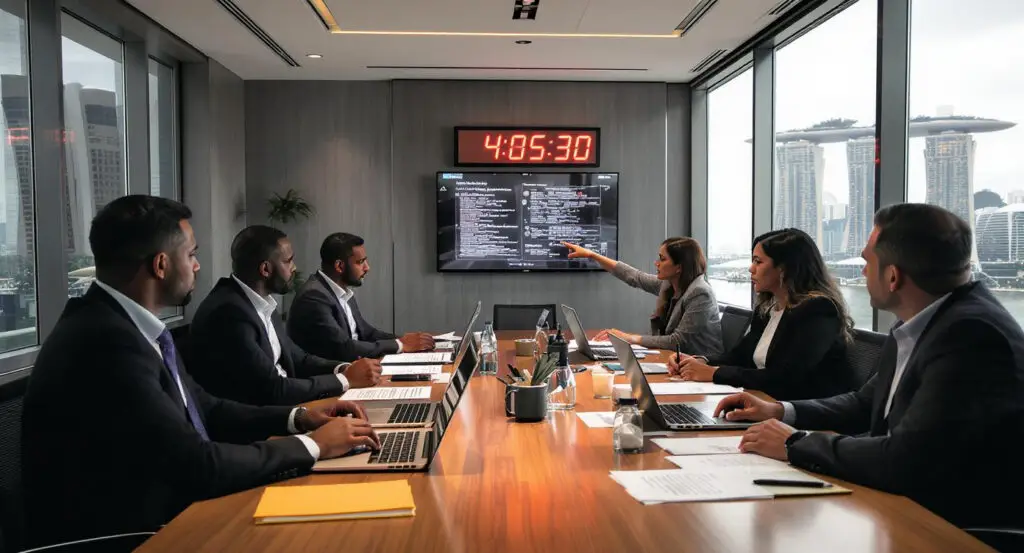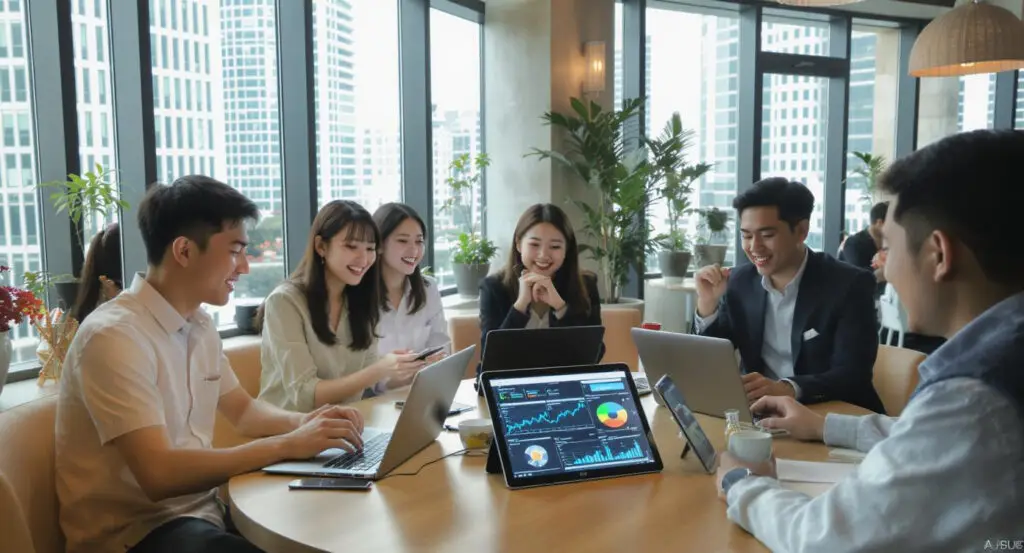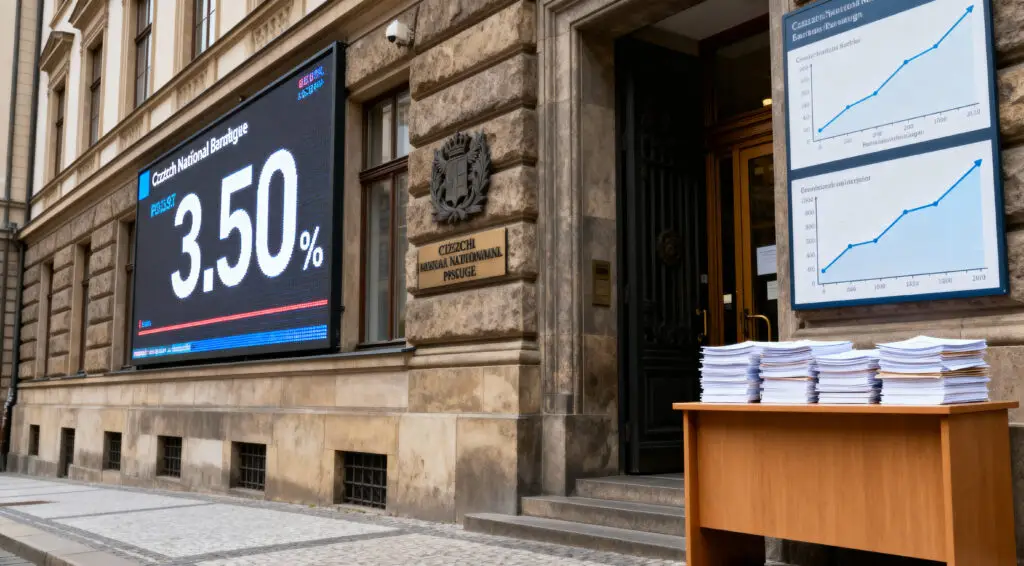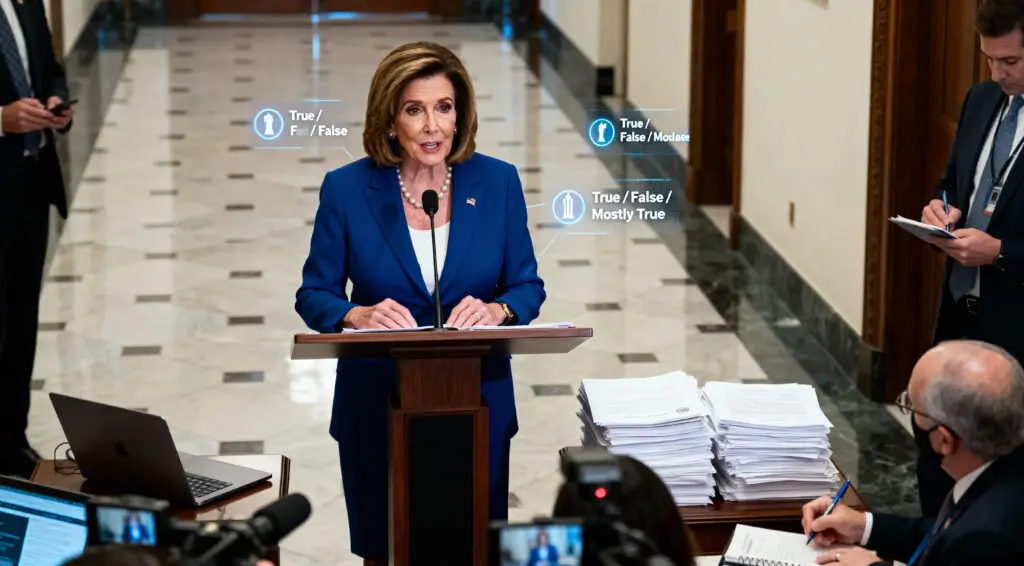Singapore’s crypto industry is bracing for a seismic shift after the Monetary Authority of Singapore (MAS) announced that all locally registered crypto firms must cease providing token services to overseas clients by June 30, 2025, unless they secure a new licence. The move comes as MAS finalises rules under the Financial Services and Markets Act (FSM Act) of 2022, setting a firm boundary for how local crypto companies can operate internationally.
The new rules, outlined in MAS’s public update, leave no wiggle room: crypto businesses without a Digital Token Service Provider (DTSP) licence will have to either shutter overseas offerings or face harsh consequences. “MAS will not offer any transitional period,” the regulator made clear, underscoring the urgency for companies to act before the looming deadline.
Licences Required Even for Minor Token Services
A key component of the new framework is its sweeping definition of what counts as a crypto service. Under Section 137 of the FSM Act, companies operating from Singapore including those conducting most of their business abroad, are considered subject to Singaporean law if they provide any token services.
That means even firms whose main business isn’t crypto but offer token-related features on the side will still need a licence. Failing to comply after June 30 could bring stiff penalties: MAS has set fines of up to SGD 250,000 (around USD 200,000) and possible jail time of up to three years for violators.
Only firms already licenced under Singapore’s existing financial frameworks, such as the Securities and Futures Act, Financial Advisers Act, or Payment Services Act, will be exempt from the DTSP licencing requirement. For the rest, the road ahead is uncertain and increasingly narrow.
Experts Warn Licences Will Be Rare
Hagen Rooke, a partner at international law firm Gibson, Dunn & Crutcher, signalling in a LinkedIn post that MAS will hand out the new licences sparingly. “The MAS will grant DTSP licences only in extremely limited circumstances,” Rooke said, warning that most firms will find it difficult to qualify.
He pointed to heightened regulatory concerns, especially around anti-money laundering (AML) and combating terrorist financing, as key reasons MAS will restrict approvals. Rooke recommended that companies consider restructuring operations, such as removing Singapore-based entities or relocating parts of their business, to avoid falling under the new requirements.
Small Firms Face Critical Decisions
For many small and mid-sized crypto businesses operating globally from Singapore, MAS’s ruling could spark a wave of restructuring. These companies now face a stark choice: shrink their ambitions and focus on the domestic market or move their operations abroad to continue serving international customers.
Industry insiders warn that compliance with the new rules will place heavy burdens on startups, which may lack the resources to meet MAS’s exacting standards. The costs associated with implementing rigors AML and compliance protocols could be prohibitive, potentially forcing some firms to shut down or relocate.
There are also fears that the policy could accelerate a talent drain. Skilled engineers, compliance professionals, and product teams might seek opportunities in crypto-friendly jurisdictions like Hong Kong, Dubai, or certain European hubs, where regulatory frameworks are seen as less restrictive.
Big Players Better Positioned
Meanwhile, larger firms, including traditional financial institutions and well-capitalised crypto startups already licenced under Singapore’s other financial acts, are expected to weather the changes more comfortably. With established compliance infrastructures and deeper pockets, these players can afford to adjust to the new environment without uprooting their businesses.
Nonetheless, the MAS ruling marks a turning point for Singapore’s crypto scene, once seen as a haven for ambitious digital asset projects looking to tap global markets. Industry experts say the decision reflects MAS’s commitment to curbing illicit activity linked to cryptocurrencies, but it also signals the city-state’s willingness to sacrifice its appeal as a crypto hub to maintain strict financial controls.
A New Era for Singapore’s Crypto Landscape
As the June 30, 2025, deadline approaches, Singapore’s crypto ecosystem stands at a crossroads. MAS’s new rules set the stage for a significant reshaping of the industry, where compliance will be paramount, and global ambitions may require new strategies or new homes.
Whether the changes will lead to a safer market or stifle innovation remains to be seen. But one thing is certain: Singapore’s approach to regulating crypto services is entering a new, far stricter era.























